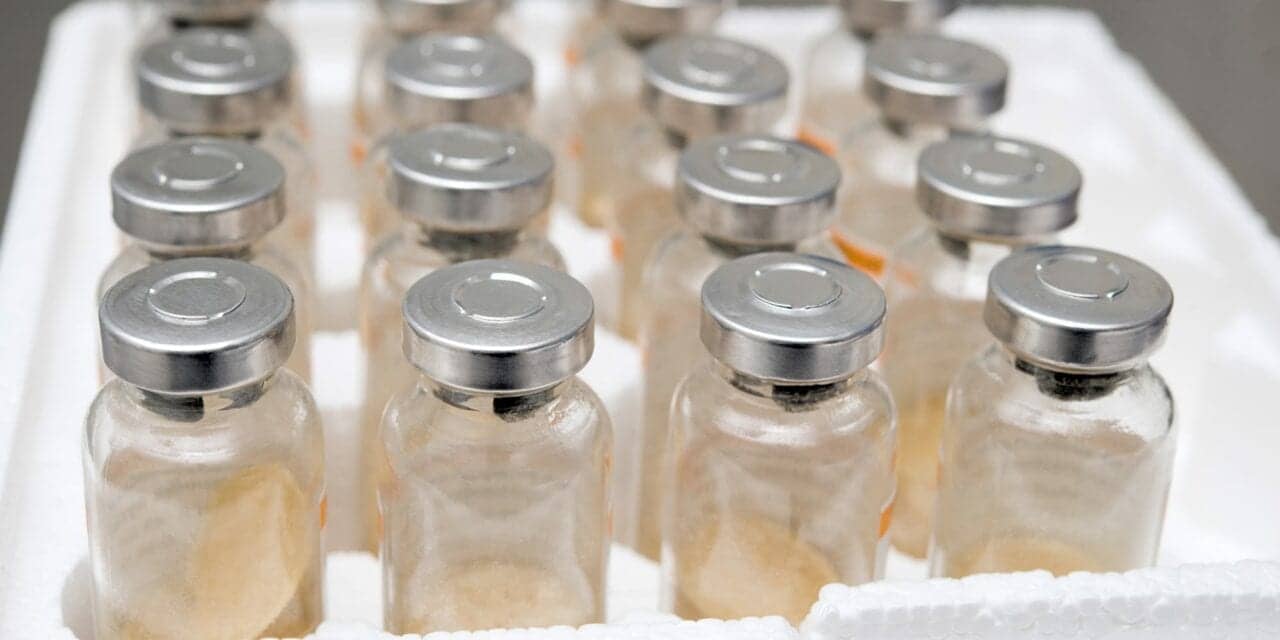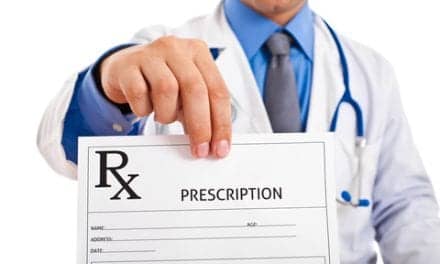The US FDA amended the emergency use authorization (EUA) for the Pfizer booster dose for administration to 16-17 year olds at least six months after completion of primary vaccination with the Pfizer-BioNTech COVID-19 Vaccine.
“Vaccination and getting a booster when eligible, along with other preventive measures like masking and avoiding large crowds and poorly ventilated spaces, remain our most effective methods for fighting COVID-19,” said Acting FDA Commissioner Janet Woodcock, MD. “As people gather indoors with family and friends for the holidays, we can’t let up on all the preventive public health measures that we have been taking during the pandemic. With both the delta and omicron variants continuing to spread, vaccination remains the best protection against COVID-19.”
On Nov. 19, the FDA authorized the use of a single booster dose of the Pfizer-BioNTech COVID-19 Vaccine for administration to all individuals 18 years of age and older after completion of primary vaccination with any FDA-authorized or approved COVID-19 vaccine. Today’s action expands the use of a single booster dose of the Pfizer-BioNTech COVID-19 Vaccine for administration to individuals 16 and 17 years of age at least six months after completion of a primary series of the Pfizer-BioNTech COVID-19 Vaccine. The FDA-authorized Pfizer-BioNTech COVID-19 Vaccine and the FDA-approved Comirnaty (COVID-19 Vaccine, mRNA) are the only COVID-19 vaccines currently available for the 16- and 17- year-old age group. Individuals who are 16 and 17 years of age should only receive the Pfizer-BioNTech COVID-19 Vaccine or Comirnaty as their booster dose.
“The Pfizer-BioNTech COVID-19 Vaccine has been available to individuals 16 years of age and older for nearly a year, and its benefits have been shown to clearly outweigh potential risks,” said Peter Marks, M.D., Ph.D., director of the FDA’s Center for Biologics Evaluation and Research. “Since we first authorized the vaccine, new evidence indicates that vaccine effectiveness against COVID-19 is waning after the second dose of the vaccine for all adults and for those in the 16- and 17-year-old age group. A single booster dose of the vaccine for those vaccinated at least six months prior will help provide continued protection against COVID-19 in this and older age groups.”
Data Supporting Effectiveness
The EUA for a single booster dose of the Pfizer-BioNTech COVID-19 Vaccine for individuals 16 and 17 years of age is based on the FDA’s previous analysis of immune response data that supported use of a booster dose in individuals 18 years of age and older.
The FDA had analyzed the immune response data from approximately 200 participants, 18 through 55 years of age, who received a single booster dose approximately six months after their second dose. The antibody response against the SARS-CoV-2 virus one month after a booster dose of the vaccine, when compared to the response one month after the two-dose primary series in the same individuals, demonstrated a booster response. The FDA’s assessment of the effectiveness of a booster dose for individuals 16 and 17 years of age is based on these data. Based on the available data for individuals 18 and older regarding effectiveness, the FDA has concluded that these data support extending the eligible booster age population to 16- and 17-year-olds.
FDA Evaluation of Benefits and Risks
In the time since Pfizer initially submitted safety and effectiveness data on a single booster dose following the two-dose primary series to the FDA, additional real-world data have become available on the increasing number of cases of COVID-19 in the U.S. and on the risk of myocarditis (inflammation of the heart muscle) and pericarditis (inflammation of the outer lining of the heart) following vaccination with the Pfizer-BioNTech COVID-19 Vaccine. These additional data enabled the FDA to reassess the benefits and risks of the use of the vaccine in a wider population. The FDA has determined that the benefits of a single booster dose of the Pfizer-BioNTech COVID-19 Vaccine or Comirnaty outweigh the risks of myocarditis and pericarditis in individuals 16 and 17 years of age to provide continued protection against COVID-19 and the associated serious consequences that can occur including hospitalization and death.










